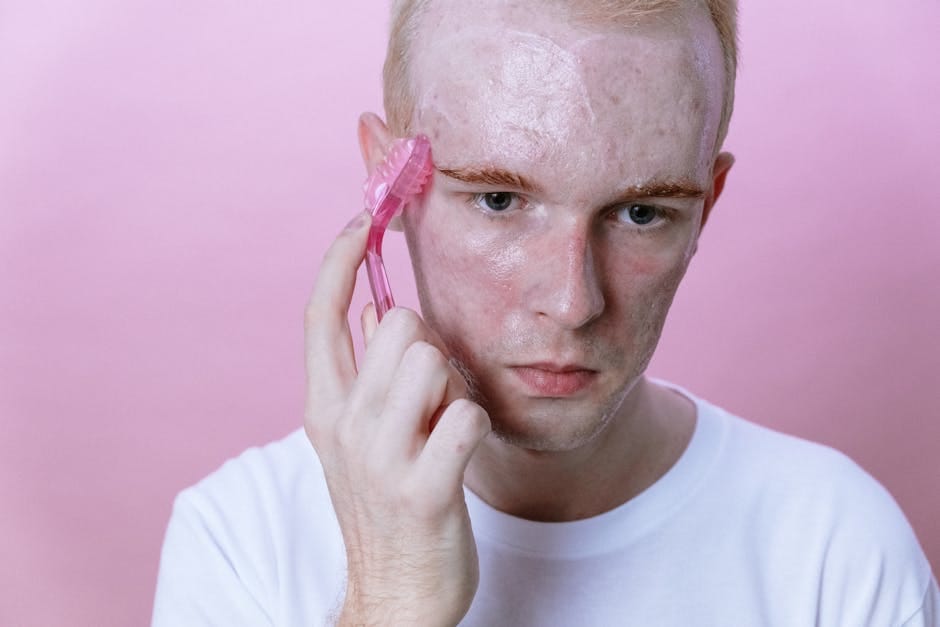Acne, a common skin condition affecting millions, can be frustrating and impact self-esteem. From pesky pimples to painful cysts, acne manifests in various forms and severities. Understanding the causes and available treatments is crucial for achieving clear, healthy skin. This guide explores different acne treatment options, from over-the-counter remedies to professional interventions.
One of the first lines of defense against acne is over-the-counter treatments. These typically contain ingredients like benzoyl peroxide or salicylic acid, which work by killing bacteria, drying out excess oil, and promoting skin cell turnover. Start with a low concentration to avoid irritation and gradually increase as needed. Be patient, as it may take several weeks to see noticeable results.
For more stubborn acne, prescription medications might be necessary. Topical retinoids, derived from vitamin A, are highly effective in preventing clogged pores and reducing inflammation. Antibiotics, either topical or oral, can help control bacterial growth and reduce inflammation. In some cases, hormonal therapies like birth control pills or spironolactone can be prescribed to regulate hormone levels that contribute to acne.
Severe acne, characterized by deep, painful cysts and nodules, may require more intensive treatments. Isotretinoin, an oral medication, is a powerful option for treating severe acne that hasn't responded to other treatments. However, it comes with potential side effects and requires close monitoring by a dermatologist. Chemical peels and laser therapies can also be effective in reducing acne scars and improving skin texture.
Alongside medical treatments, lifestyle changes can play a significant role in managing acne. Maintaining a consistent skincare routine is essential. Cleanse your face twice daily with a gentle cleanser, avoid harsh scrubbing, and moisturize regularly. Choose non-comedogenic products that won't clog pores.
Diet can also influence acne. While the link between diet and acne isn't fully understood, some studies suggest that high-glycemic foods and dairy products may exacerbate acne in certain individuals. Focusing on a balanced diet rich in fruits, vegetables, and whole grains can contribute to overall skin health.
Stress can trigger hormonal fluctuations that worsen acne. Finding healthy ways to manage stress, such as exercise, yoga, or meditation, can be beneficial for both your skin and overall well-being. Ensure you get enough sleep, as sleep deprivation can also contribute to inflammation and breakouts.
Finally, remember that consistency is key. Acne treatments take time to work, and it's important to be patient and persistent with your chosen regimen. If you're not seeing improvement after several weeks, consult a dermatologist. They can help determine the underlying cause of your acne and recommend the most appropriate treatment plan for your specific needs.

